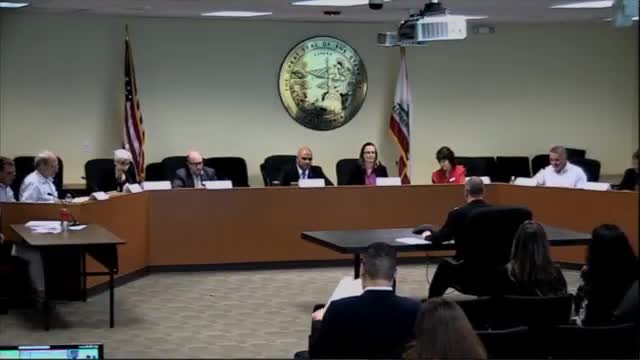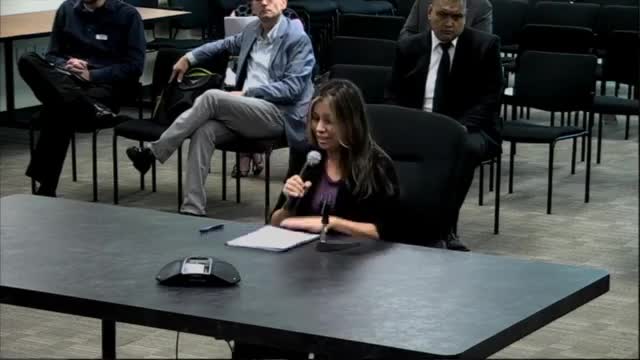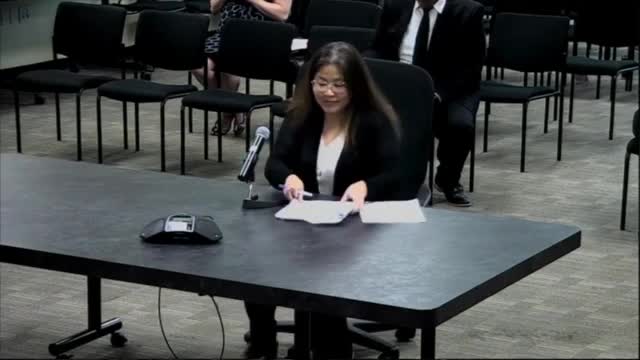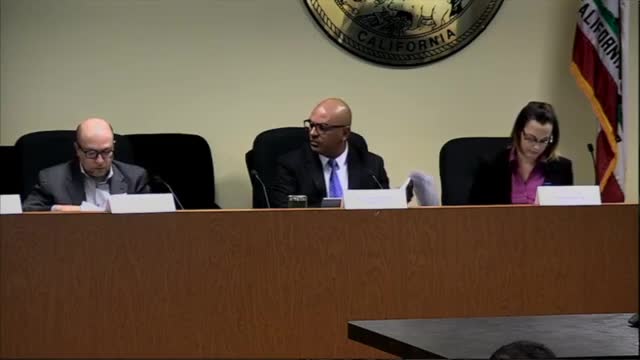Article not found
This article is no longer available. But don't worry—we've gathered other articles that discuss the same topic.

Advisory council hears legislative roundup; AB 2998 would expand flame‑retardant limits, bill for bureau name change advances

Bureau files TB133/TB117 rulemaking materials; public comment period and September hearing scheduled

Bureau takes over household movers program, issues permits and steps up enforcement on hostage‑storage scams

Bureau lab reports most furniture samples passed flammability tests; DTSC finds three samples with added flame retardants

